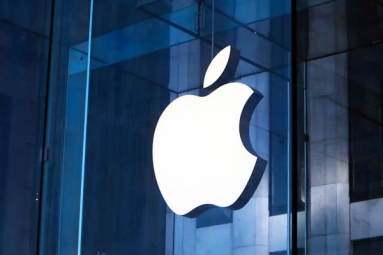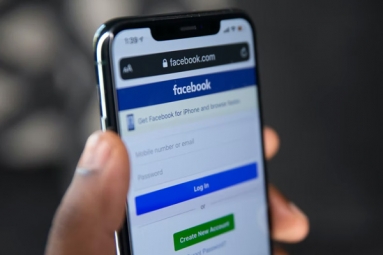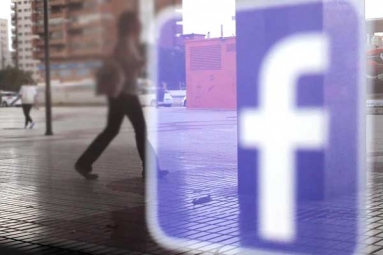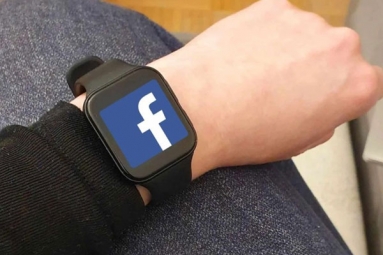The recent study has revealed alarming results. A boon and bane travel side by side like parallel rail tracks. Smart phones are a classic example to this.
The advent of Smart phone has enabled the average net surfer to better environment and that too when mobile. Smart phones have redefined the way we surf and it has become a continuous affair. But the devastating analysis posed by Nick Reed, a senior human factors researcher who led the project by the TRL for the Institute of Advanced Motorists (IAM) suggests that several people are used to browsing while driving. And in particular the young are more pruned to this menacing activity. World over the revelations suggest that using phones while driving are the main reasons for accidents. The study reveals that number of users has rocketed in recent years. In 2011 there were 17.6 million, a 107 percent increase since 2009, meaning that 45 percent of users now access the web from a mobile device. And most of them belong to the Gen next teens. Most governments across the globe have been stringent on such activities. However this is possible to achieve only when the young realize how hazardous the habit could turn out to.
As compared to this, those without phones spend just 10 percent of the time, on an average, looking away, for instance to check the speedometer, satnav or in-car entertainment. "That 60 per cent is enough to miss someone braking or swerving in front of you, debris in the road and other hazards," the Telegraph quoted Reed as saying. Adding, "You may get away with it for a while but if you do it consistently, you will have an accident."
By electronically monitoring 28 young drivers aged 18 to 25 with an array of CCTV cameras inside the Honda Civic simulator, Reed found that reaction times to visual and auditory stimuli - such as those experienced on a real-life journey - were nearly 38 per cent worse while they were using smartphones. Drivers who have seen cars inexplicably veer across the lanes of a motorway will not be surprised to hear that the 28 guinea pigs also swerved out of lane more frequently and reacted more slowly when vehicles ahead braked. In fact, the study revealed, in terms of reaction times to hazards, that using a smartphone on the move ranks only behind making a call on a hand-held phone which, previous studies show, delays reactions by nearly 46 percent, compared to nearly 38 percent for those concentrating on, say, a Facebook page.
By contrast, there was a 37 percent delay in reactions for those texting, 26 percent for those making a hands-free call, 21 percent for those on cannabis and 12 percent for those at the UK alcohol drink-drive limit. (With inputs from internet: AarKay)




















